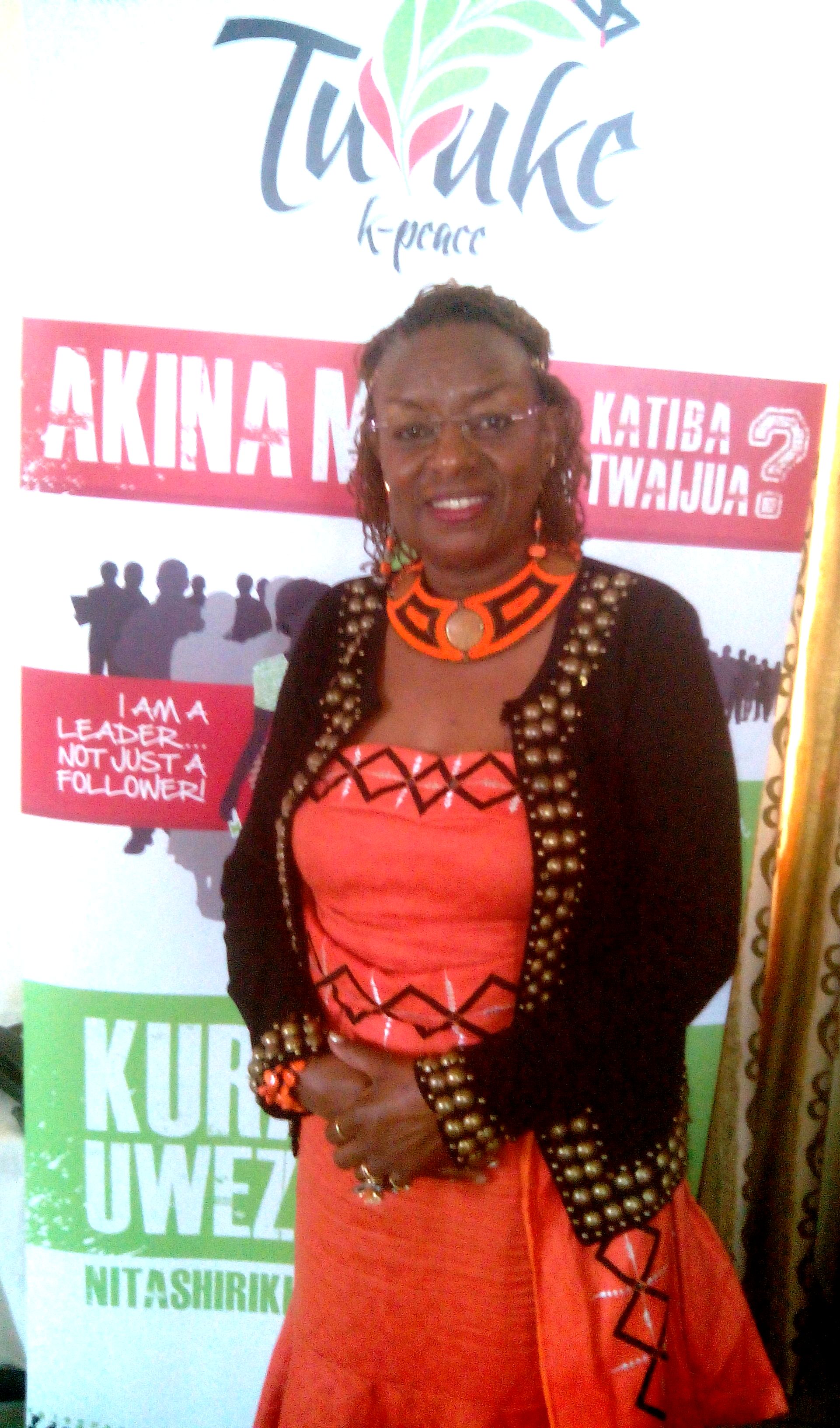|
Getting your Trinity Audio player ready...
|
By Lilian Museka
The celebrated Kenya’s new constitution that was promulgated in 2010, giving women high hopes of being elected in various posts to get the two-thirds gender rule is yet to be attained.
 Unfortunately, compared to her fellow East African countries, Kenya has the lowest number of women representation, despite them playing important roles in various positions.
Unfortunately, compared to her fellow East African countries, Kenya has the lowest number of women representation, despite them playing important roles in various positions.
It is therefore very clear that the forth coming elections will see a good number of women turn up for elective posts to achieve the two-thirds rule.
Article 81b of the constitution states that not more than 2/3 of members of elective public bodies shall be of same gender, the dilemma of achieving these in the next assemblies hung in the balance as leaders still raise varied opinions.
“We will face a constitutional crisis if this doesn’t happen. That is why we are working hard to ensure we have atleast 4,000 women aspirants on ballot papers,” says Dr. Jennifer Riria, chair of Tuvuke Initiative.
Dr. Riria who is also Chief Executive Officer, Kenya Women Holding (KWH) urges women to come out in large numbers to vie for positions in the male dominated areas like governors. She regrets that despite women giving themselves for elective posts during the last elections, none of them got the governorship post.
“The constitution stipulates that atleast a third of the governors should be women and if this doesn’t happen, we will face a crisis,” adds Dr. Riria.
Dr. Riria was speaking at consultative meeting organized by Kenya Women Holding (KWH), Twaweza Communications and thirteen other partners including Association of Media Women in Kenya under the Tuvuke Initiative, a consortium providing leadership, for a peaceful and inclusive just society.
Professor Kimani Njogu, Chief Executive Officer at Twaweza Communications noted that women face a lot of challenges both at the party and community level when they offer themselves as candidates
“The patriarchal system in the society has ensured that women hold only a small fraction of leadership. Perceptions of women being inferior continue, consequently, men continue to dominate in the political, social and economic areas. There is therefore need to empower the women to fully participate in the coming elections as we look forward to having atleast 4,000 women aspirants on the ballot papers,” Says Prof. Njogu.
He adds that women lack skills to present themselves and challenging the media when asked to explain why they are vying “The media will always focus on negative issues whenever they give a platform to women and this calls for women to be fully equipped so that they know how to answer this questions.
Prof. Njogu urges women aspirants to make decisions to vie for the various elective posts in 2017 elections to avoid a constitutional crisis. The current parliament needed to have atleast 117 women to achieve the two thirds gender.
In May, members of Parliament boycotted the vote on a constitution amendment bill that sought to have gender parity attained through nomination of a lesser gender. Senators later boycotted sittings after the same bill was later reintroduced in the senate.
.













